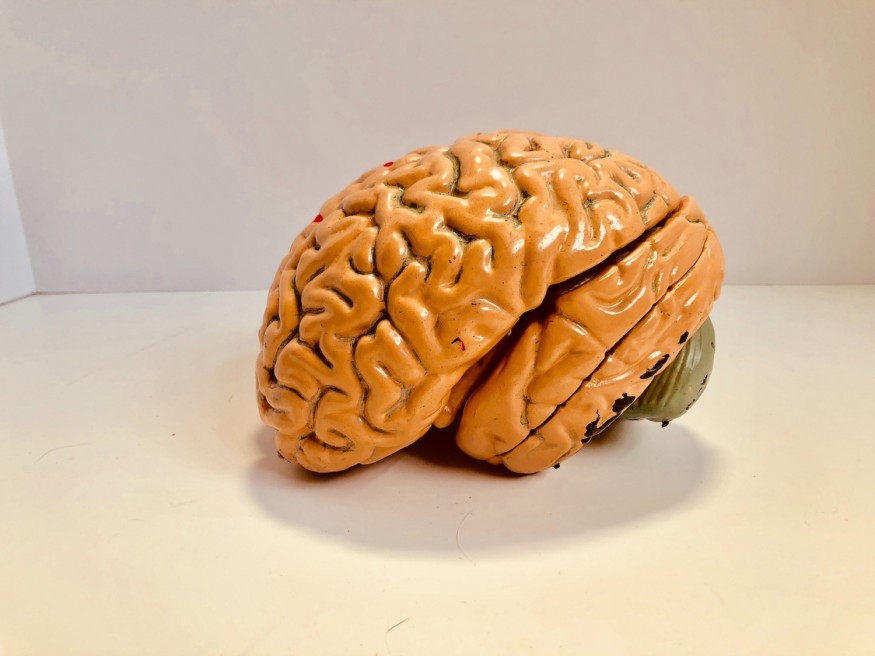
While a cure for Alzheimer's is yet to be discovered, the earliest possible risk and symptom identification is crucial to the management of the condition.
Now, a team of specialists has been able to develop a novel innovation that could help serve this purpose.
Brain Health Fitness Tracker
The brain health fitness tracker they developed comes in the form of a custom-made headband. The device utilizes electroencephalography (EEG) to examine the patterns of brain waves that could signify early dementia signs even before the condition affects behavior.
The development involves the collaboration of specialists from the University of Colorado, Washington University, and the University of Miami.
Brice McConnell, a clinical neurologist from the University of Colorado, explains that being able to demonstrate early access to digital biomarkers that indicate signs of the disease early on using headband devices that are scalable and accessible is a remarkable advancement in early detection of Alzheimer's.
The trial involved 205 older adults. The specialists made use of the devices to trace neural events, such as sleep spindles, theta bursts, and slow waves. These are brain activities that are connected to the processing of memory when one is asleep.
While the link between Alzheimer's and poor sleep quality has already been established, it is not clear how the latter affects the progression of Alzheimer's and vice versa.
As part of these efforts, the researchers observed neural pattern changes in sleep that could be connected to amyloid and tau protein buildup, which are typical among the brains of those with Alzheimer's.
Doing so enabled them to observe that such abnormal protein levels are connected to sleep memory reactivations, which can be observed in brain wave patterns before symptoms are experienced.
The researchers also discovered that reduced intensity in one activity pattern correlated with mild cognitive development that is extremely early.
Having easy-to-wear headband devices like this could potentially revolutionize the early detection of Alzheimer's and give researchers new insight into the connection between the condition and sleep. McConnell explains that this work just scratches the surface and paves the way to offering easy-to-use and affordable devices for brain health monitoring.
The device serves as proof of the principle that brain waves, while one is asleep, can serve as a digital biomarker. The researchers' next step is targeted at perfecting the entire process.
Alzheimer's Disease
The most common type of dementia Alzheimer's is a progressive condition that starts with minimal memory loss. It goes on to possibly lead to the loss of being able to have a conversation and to respond to the environment.
The best-known risk factor for the condition is age. While old age does not necessarily lead to Alzheimer's, trends reveal that the number of people who have Alzheimer's doubles every five years among those who are more than 65 years old.
While symptoms first appear after one turns 60, brain changes can start years before the appearance of the first symptoms.
RELATED ARTICLE : Smartphone Use Could Cause Alzheimer's Disease Among Young People But Improve Memory of Old Adults With Dementia, Studies Claim
Check out more news and information on Medicine & Health in Science Times.
© 2026 ScienceTimes.com All rights reserved. Do not reproduce without permission. The window to the world of Science Times.












